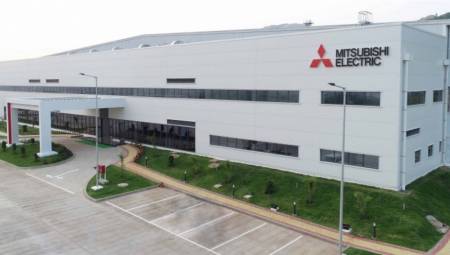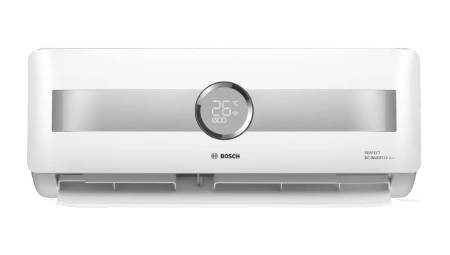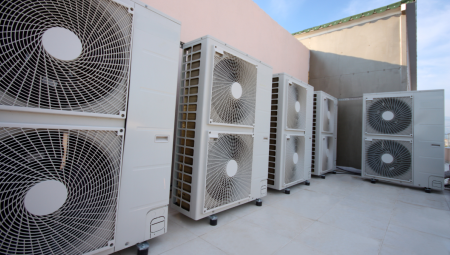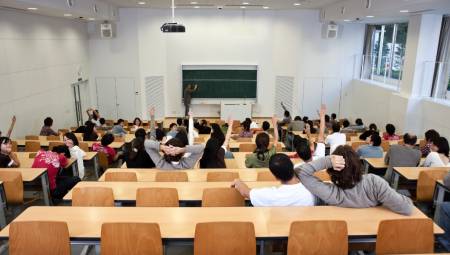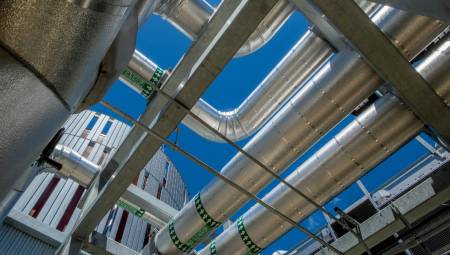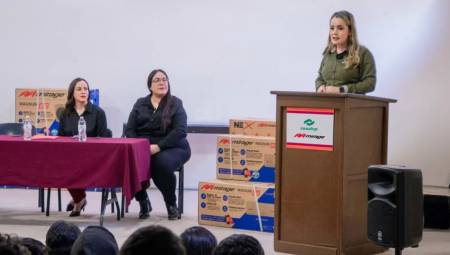International. The company Kryotec has highlighted that innovations in the pharmaceutical cold chain optimize traceability, monitoring and costs, guaranteeing safety and regulatory compliance in various types of sensitive products.
Logistics in the pharmaceutical cold chain has evolved significantly, due to the need to maintain the stability, safety and efficacy of medicines and vaccines. According to a report by Roots Analysis, the global cold chain market for pharmaceuticals is estimated to reach $9.06 billion by 2035, growth driven by the adoption of advanced technologies and innovations in logistics and traceability.
However, the cold chain challenge is critical: more than 50% of pharmaceuticals experience temperature excursions due to logistics failures, according to the International Air Transport Association (IATA). This problem is not exclusive to the health sector. Industries such as food, cosmetics and medical devices face similar challenges in terms of conservation, regulation and cost optimization.
 "The implementation of advanced strategies in the temperature-controlled supply chain has proven effective in reducing losses and improving the safety of transported products, so that these practices can serve as a model for other industries that depend on the integrity of their products to ensure quality and profitability," explains Carlos Humberto Infante y Loya, founder and director of the Board of Directors for Kryotec.
"The implementation of advanced strategies in the temperature-controlled supply chain has proven effective in reducing losses and improving the safety of transported products, so that these practices can serve as a model for other industries that depend on the integrity of their products to ensure quality and profitability," explains Carlos Humberto Infante y Loya, founder and director of the Board of Directors for Kryotec.
Monitoring and traceability: critical factors
Pharmaceutical logistics has perfected the implementation of temperature sensors and monitoring systems, which allow detecting and correcting variations to guarantee the quality of products. In the food industry, where the Food and Agriculture Organization of the United Nations (FAO) estimates that 13.8% of food is lost due to inefficiencies in the supply chain, the use of these technologies can make all the difference.
For example, in the distribution of perishable goods, monitoring could significantly reduce food waste by allowing adjustments in transportation and storage logistics. Retailers and supermarkets have begun to adopt smart sensors in their shipments to ensure the freshness of their products from origin to consumer.
Traceability, included in innovations in logistics, can also be applied in the cosmetics industry. Brands can incorporate blockchain to verify the origin and authenticity of ingredients, ensuring that products maintain their quality standards and comply with international regulations.
Applications in various industries
According to a study conducted by Pennsylvania State University, more than 80% of biological drugs and 90% of vaccines require temperature-controlled conditions to preserve their structure and function. These figures demonstrate the importance of technological innovations in the pharmaceutical cold chain, but they can also be applied in multiple sectors, such as:
- Food industry: Temperature control to reduce waste, ensure freshness in perishable products and extend shelf life.
- Cosmetics: Advanced traceability to ensure the authenticity of ingredients and stability of formulas.
- Medical Devices: Safe transportation of sensitive equipment that requires specific storage conditions.
- Biotechnology: Use of advanced logistics for the transfer of biological samples and experimental products in clinical trials.
Regulatory compliance and cost reduction
"Another key aspect in the pharmaceutical cold chain is regulatory compliance," says the executive of Kryotec, a leading company in innovative solutions in cold chain management. He adds that "strict regulations have led to the adoption of quality standards that minimize risks and ensure patient safety. This approach can serve as a model for sectors such as biotechnology and medical devices, where the handling and transport of sensitive materials require a high level of oversight."
In economic terms, the implementation of innovations in logistics improves safety and reduces operating costs. Using optimized routes, consolidated shipments, and more efficient refrigeration systems can represent significant savings in industries that rely on large-scale distribution.
In addition, the digitization of logistics processes has been a strategic element to improve regulatory compliance and cost reduction. Technologies such as blockchain allow an unalterable record of each stage of transport, guaranteeing transparency and facilitating regulatory audits. In turn, automation in inventory management and the use of artificial intelligence for demand prediction help minimize waste and optimize resources throughout the supply chain.
What's next for the industry?
The learning extracted from the cold chain for pharmaceuticals is transforming logistics in different industries. With the rise of digitalization and the adoption of artificial intelligence for route optimization and supply chain failure prediction, more and more industries are expected to adopt models inspired by the pharmaceutical industry.
"The key is how companies can integrate these innovations in logistics into their own processes to ensure product safety, reduce waste and optimize costs, while complying with increasingly demanding regulatory standards. In this way, a more efficient, sustainable and resilient supply chain is built," concludes Infante y Loya.






